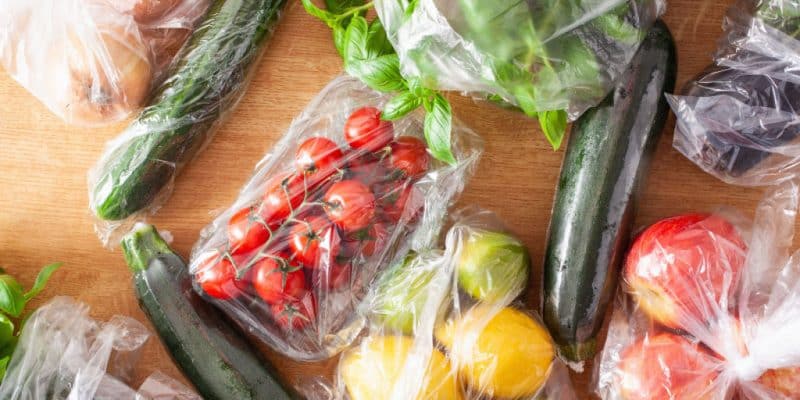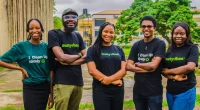South Africa has taken new measures to reduce plastic pollution. These are contained in the "SANS 1728" standard published by the South African Bureau of Standards (SABS). Among these measures is the obligation for producers to indicate the components of their plastic packaging.
Buy a product based on whether it is in biodegradable, compostable, oxo-biodegradable or water-soluble plastic packaging. In South Africa, consumers will soon have this choice. This is thanks to the South African Bureau of Standards (SABS) introduction of the national standard ‘SANS 1728’. “The new regulation advises consumers, among other things, to recognise the correct markings and to be aware that any product that claims to be packaged with biodegradable plastic must be labelled accordingly,” explains Sadhvir Bissoon, the SABS’s acting director general.
Among the claims used by producers to mislead consumers are ‘eco-friendly’, ‘environmentally friendly’, ‘earth-friendly’, ‘non-polluting’, ‘green’, ‘ozone-friendly’, ‘plastic-free’, etc. The SANS 1728 standard “now requires that the plastic material used in the packaging be presented on the package, using a material identification code from 1 to 7, and contained in a triangle,” Sadhvir Bissoon points out.
Tested and certified plastic packaging
This code will have to be indicated on the plastic packaging by the producer, depending on whether he has used polyethylene terephthalate (PET), high density polyethylene (HDPE), polyvinyl chloride (PVC), low density polyethylene (LDPE), polypropylene (PP), polystyrene (PS) or any other material (e.g. ABS, PLA, SAN, etc.) in his design process.
“Manufacturers who claim that their plastic packaging is degradable will have to submit it to the relevant testing and certification requirements first,” adds Sadhvir Bissoon. In this way, the consumer will be able to know whether the plastic he or she uses, once disposed of, will contribute to environmental pollution or not.
Read Als –
By making consumers more responsible, the South African government hopes to speed up the fight against plastic pollution. Currently, the southern African country generates 2.4 million tonnes of plastic waste each year, according to the World Wildlife Fund (WWF), of which barely 14% is recycled.
Inès Magoum







